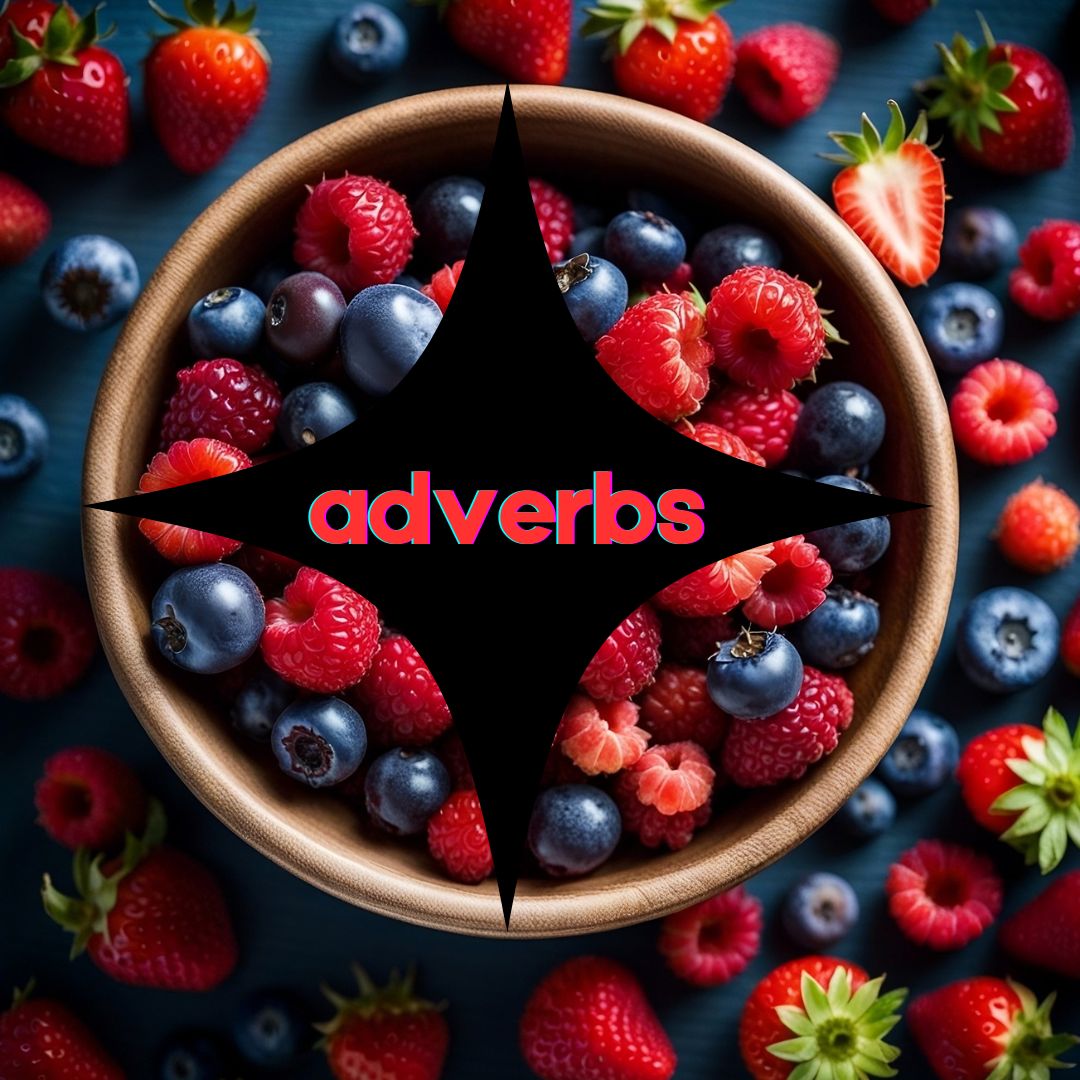Tag: place

Preposition – “In”
The preposition in can be used to indicate a period of time, especially when you want to convey that something happened during part or all of that time period. Here are some examples: I'll meet you in the morning.

Preposition – “Down”
Preposition down with the meaning towards, in a lower place: Here are examples of how the preposition down is used with the meaning of towards or in a lower place with verbs of motion: She walked down the stairs to the basement. In this example, down indicates movement towards a lower place (the basement) using the verb walked.

Preposition – “At”
The preposition at can be used to indicate a specific moment or point in time. Here are some examples: The meeting is scheduled at 3:00 PM. I'll be ready to leave at 8:30 in the morning.

Prepositions
Prepositions are an essential part of grammar in many languages, including English. Prepositions are words that show the relationship between a noun or pronoun and other words in a sentence. They help clarify the location, direction, time, manner, or possession of the subject or object of a sentence. Here are some general grammar rules about prepositions:

What is an Adverb?
An adverb is a word that modifies or describes a verb, an adjective, or another adverb. Adverbs often answer questions like how, when, where, why, and to what extent. They add more information to a sentence and help to provide a clearer picture of the action or situation being described.